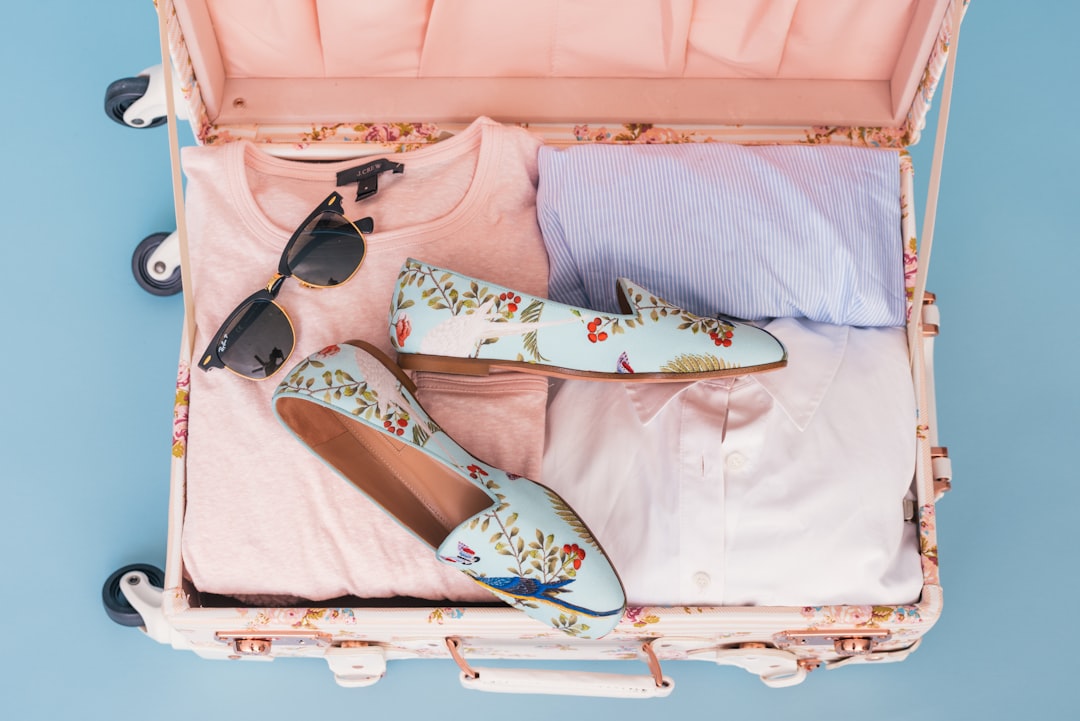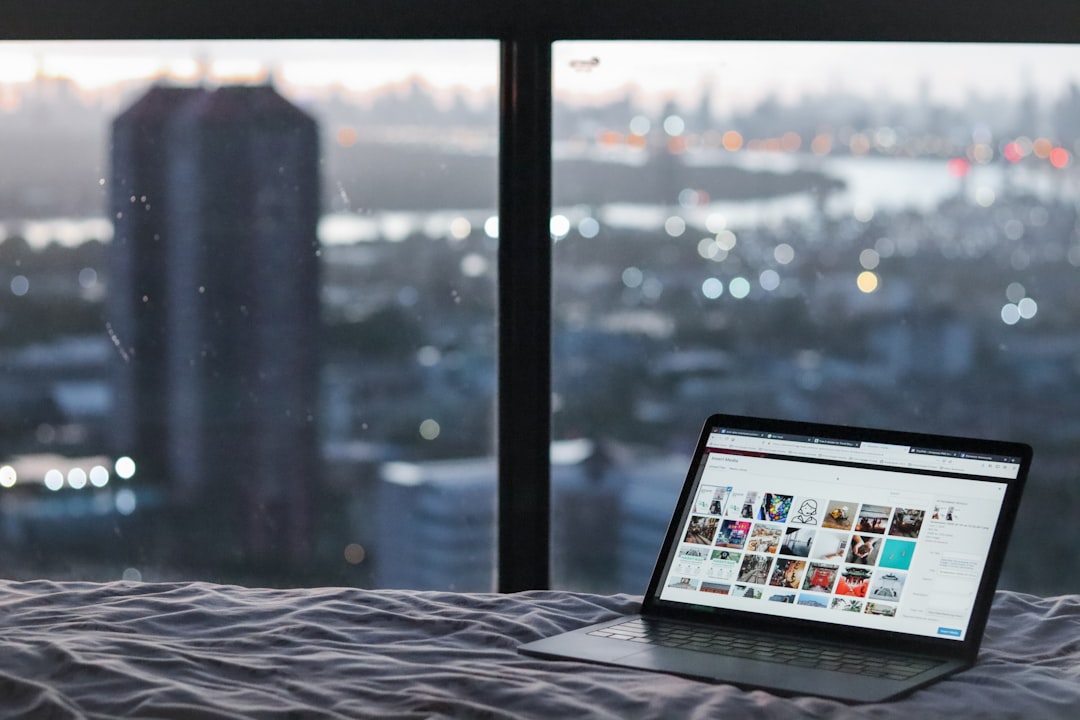Bali Nomad Essentials Safety and Travel Tips

Introduction
Bali has become a magnet for digital nomads seeking a blend of tropical scenery, affordable living and a vibrant community of creators. The island offers coworking spaces, reliable internet hubs, surf breaks, rice‑terrace hikes and a rich cultural tapestry. Yet, like any destination that attracts a global crowd, it presents its own set of practical challenges. This guide gathers the most important safety and travel tips for nomads who plan to live and work on the Island of the Gods for weeks, months or even longer.
By the end of this article you will know how to navigate visa requirements, stay healthy, protect your belongings, move around safely, respect local customs and keep your digital life secure. The aim is to let you focus on your projects while enjoying the Bali lifestyle with confidence.
Visa and Entry
Choosing the Right Visa
- Tourist Visa (30‑day stay) – Most visitors arrive on a visa‑free entry that allows a stay of up to 30 days. This can be extended once for another 30 days at an immigration office.
- Social‑Cultural Visa (60‑day stay, extendable up to 180 days) – Ideal for nomads who need more time. You must apply through an Indonesian sponsor (a local friend, a language school or a cultural organization). Once granted, you can extend the visa four times, each extension adding 30 days.
- Visit Visa (60‑day stay, extendable up to 180 days) – Similar to the social‑cultural visa but does not require a sponsor. It is issued at Indonesian embassies and consulates abroad.
- KITAS (Temporary Stay Permit) – For those who plan to stay longer than six months, work remotely for a registered company or run a business in Bali. Obtaining a KITAS involves a more complex process, usually facilitated by a local agency.
Entry Checklist
- Valid passport with at least six months remaining.
- Printed copy of your visa or visa‑on‑arrival confirmation.
- Proof of onward travel (a flight ticket out of Bali within the visa period).
- Sufficient funds for your stay (at least US$100 per day is a common benchmark used by immigration officers).
- Health declaration form (required for most arrivals).
Customs Tips
- Declare any electronic equipment over US$2,500 in value.
- Avoid bringing prohibited items such as narcotics, certain knives and wildlife products.
- Pack a small bag of essential medicines; customs may question large quantities of over‑the‑counter drugs.
Health and Medical
Vaccinations
- Routine vaccines – Make sure your tetanus, diphtheria, pertussis, measles‑mumps‑rubella and polio shots are up to date.
- Hepatitis A – Recommended for all travelers because the virus can be transmitted through food and water.
- Typhoid – Especially important if you plan to eat street food frequently.
- Japanese encephalitis – Consider if you will spend a lot of time in rural areas during the rainy season.
Health Insurance
A comprehensive travel health insurance policy is a must. Look for plans that cover:
- Hospitalisation and medical evacuation.
- Out‑patient visits to private clinics (public hospitals can be crowded and may not speak English).
- Prescription medication.
Many digital nomad insurance providers (e.g., World Nomads, SafetyWing) have policies that are accepted in Indonesia.
Common Health Issues
- Mosquito‑borne diseases – Dengue fever, chikungunya and, rarely, malaria in certain highland regions. Use insect repellent with at least 30 % DEET, wear long sleeves after sunset and sleep under a mosquito net if your accommodation does not have screens.
- Foodborne illness – Stick to freshly cooked food, avoid raw salads that have been sitting out, and drink only bottled or filtered water.
- Sunburn and dehydration – The tropical sun can be intense. Apply sunscreen SPF 30 or higher every two hours, wear a hat and carry a reusable water bottle.
Medical Facilities
- Ubud – Ubud Community Clinic (English‑speaking staff, basic emergency care).
- Denpasar – Sanglah Hospital (large public hospital, English‑speaking doctors on call).
- Seminyak / Kuta – Bali International Medical Centre (private hospital with English‑speaking staff).
For non‑emergency situations, many expats use private clinics that offer same‑day appointments and accept most insurance plans.
Personal Safety
General Precautions
- Keep your passport, credit cards and cash in a money belt or hidden pouch when you are out and about.
- Use hotel safes for valuables you do not need daily.
- Avoid flashing expensive gadgets in crowded markets or on the beach.
- Stay aware of your surroundings, especially after dark in tourist‑heavy areas such as Kuta, Legian and Seminyak.
Common Scams
- Taxi overcharging – Always use a reputable ride‑hailing app (Grab or Gojek). If you take a metered taxi, confirm the meter is running before you start.
- Motorbike “help” scam – Some strangers may claim you need a fine paid at a police station. Verify the claim by asking to see an official ticket or by calling the local police non‑emergency number.
- Beach vendor overpricing – Negotiate before you buy. If a price seems excessively high, walk away – there are plenty of other stalls.
Nightlife Safety
- Stick to well‑lit venues and avoid isolated beaches after midnight.
- Drink responsibly and keep an eye on your drink.
- If you are traveling with friends, set a meeting point and a check‑in time.
Women’s Safety
Bali is generally welcoming to women travelers, but standard precautions still apply. Choose accommodations in safe neighborhoods, avoid walking alone in poorly lit areas after dark, and consider using a reputable ride‑hailing service for late‑night travel.
Transportation
Getting Around the Island
- Ride‑hailing apps – Grab and Gojek dominate the market. They provide motorbike, car, food delivery and even courier services. Prices are displayed up‑front and you can track the driver in real time.
- Motorbike rental – The most popular way to explore Bali. Rent from a reputable shop, always wear a helmet (mandatory by law) and keep your international driving permit (IDP) with you.
- Car rental – Ideal for groups or longer trips to the north and east. Choose a company with comprehensive insurance.
- Public buses – The Trans Sarbagita network runs in Denpasar and surrounding areas, but routes are limited and schedules can be unpredictable.
Road Safety
- Traffic in Bali can be chaotic, especially in the southern tourist belt. Motorbikes weave between cars, and drivers may ignore lane markings.
- Speed limits are posted in kilometres per hour, but enforcement can be inconsistent.
- Road conditions vary; potholes and unmarked construction zones are common in rural areas.
Parking
- Most cafés and coworking spaces provide free or low‑cost motorbike parking.
- For cars, look for gated parking lots or designated spaces to avoid fines or towing.
Airport Transfers
- Book a reputable shuttle or a Grab car in advance.
- Avoid unofficial “airport taxi” offers on the arrival curb; they often charge inflated rates.
Accommodation
Choosing a Safe Neighborhood
- Ubud – Quiet, cultural hub with many villas and guesthouses. Good for those who want a slower pace.
- Canggu – Popular among digital nomads, plenty of coworking spaces, cafes and surf spots.
- Seminyak – Upscale area with many boutique hotels and restaurants.
- Sanur – Family‑friendly, quieter beachfront, good for long‑term stays.
Security Tips for Rentals
- Verify the property through reputable platforms (Airbnb, Booking.com, local agencies).
- Read recent guest reviews for comments on security, Wi‑Fi reliability and cleanliness.
- Ask the host about the lock system on the front door and whether a safe is provided.
- If you stay in a villa or shared house, get a copy of the emergency exit plan.
Internet Reliability
- Most modern villas and hotels advertise “high‑speed Wi‑Fi”. Test the connection on arrival; ask the host about a backup 4G router if you need guaranteed uptime.
- Coworking spaces such as Dojo Bali, Hubud and Outpost provide stable connections, power backup and a community of like‑minded professionals.
Money and Banking
Currency
- The official currency is the Indonesian Rupiah (IDR).
- ATMs dispense cash in denominations of 10,000, 20,000, 50,000 and 100,000 IDR.
Using ATMs
- Choose ATMs located inside banks or shopping malls for higher security.
- Withdraw in larger amounts to reduce transaction fees; many banks charge a flat fee per withdrawal plus a percentage of the amount.
Credit Cards
- Visa and Mastercard are widely accepted in hotels, restaurants and larger stores.
- Some smaller warungs (local eateries) and markets only accept cash.
- Inform your bank of your travel dates to avoid fraud blocks.
Currency Exchange
- Official exchange counters in airports, banks and licensed money changers (e.g., PT. Valas, Central Kuta) offer the best rates.
- Avoid street exchangers; they may give counterfeit notes or unfavorable rates.
Mobile Payments
- Apps such as GoPay, OVO and Dana are popular for paying at cafés, online shops and ride‑hailing services.
- You can top up these wallets using a credit card or by visiting a partner store.
Communication
SIM Cards
- Major providers are Telkomsel, XL Axiata and Indosat.
- Purchase a prepaid SIM at the airport or a local shop.
- Typical data packages: 10 GB for US$10, 30 GB for US$20, unlimited social media for US$15.
Internet Access
- Wi‑Fi is abundant in cafés, coworking spaces and most hotels.
- For a reliable backup, consider a portable 4G hotspot device.
Staying Connected
- Use messaging apps (WhatsApp, Telegram) to keep in touch with fellow nomads and local contacts.
- Join Bali‑focused Facebook groups and Slack communities for event updates, housing leads and safety alerts.
Cultural Etiquette
Dress and Behavior
- When visiting temples, wear a sarong and a sash (both are often provided at the entrance).
- Cover shoulders and knees; short shorts and tank tops are considered inappropriate inside sacred sites.
Greetings
- A polite “Selamat pagi” (good morning) or “Selamat siang” (good afternoon) is appreciated.
- Handshakes are common, but a slight bow or nod can be a respectful alternative, especially with older locals.
Tipping
- Tipping is not mandatory but appreciated. Rounding up the bill in restaurants or leaving a small amount for housekeeping is customary.
Respect for Religion
- Bali is predominantly Hindu. Pay attention to local festivals such as Galungan and Nyepi (Day of Silence).
- On Nyepi, the entire island shuts down for 24 hours; no travel, no lights and no noise are allowed. Plan accordingly.
Environmental Respect
- Do not litter on beaches or in rice fields.
- Use refillable water bottles; many cafés offer free filtered water.
Emergency Contacts
- Police (non‑emergency) – 110
- Ambulance / Medical Emergency – 118
- Tourist Police – 119 (assists foreigners with legal issues and lost belongings)
- Bali International Airport (Denpasar) Information – +62 361 771 7777
- Embassy of the United States – +62 361 759 1000 (for U.S. citizens)
- British High Commission – +62 361 730 5000 (for UK citizens)
Keep a printed copy of these numbers in your wallet and store them on your phone for quick access.
Sustainable Travel
Reducing Plastic
- Bring a reusable straw, cutlery set and shopping bag.
- Choose cafés that offer bulk coffee beans or use biodegradable packaging.
Supporting Local Economy
- Eat at warungs, buy souvenirs directly from artisans, and use locally owned tour operators.
- Attend community events and cultural workshops; many are free or donation‑based.
Responsible Riding
- If you rent a motorbike, respect traffic rules, wear a helmet and avoid reckless driving that endangers locals and wildlife.
Eco‑Friendly Accommodations
- Look for eco‑certified villas or hotels that practice waste segregation, use solar power or support reef conservation projects.
Packing Essentials
- Travel documents – Passport, visa copy, travel insurance card, vaccination record.
- Electronics – Laptop, power bank, universal travel adapter (Indonesia uses type C and type F plugs), USB‑C cable, external SSD.
- Clothing – Light, breathable shirts, shorts, a couple of long‑sleeve shirts for evenings, swimwear, a modest outfit for temple visits, a rain jacket (especially during the wet season).
- Health kit – Basic first‑aid supplies, oral rehydration salts, antihistamines, anti‑diarrheal medication, sunscreen (SPF 30+), insect repellent (DEET 30 % or higher).
- Safety gear – Money belt, lock for luggage, small flashlight, portable door alarm (optional).
- Miscellaneous – Reusable water bottle, travel towel, dry‑bag for electronics, notebook and pen.
Final Checklist
- Verify visa status and expiration dates.
- Purchase comprehensive travel health insurance.
- Book initial accommodation in a safe, well‑reviewed area.
- Arrange airport transfer through a reputable service.
- Download essential apps: Grab, Gojek, Google Maps, a VPN, local news outlet.
- Pack all required medications and a copy of prescriptions.
- Inform a trusted contact of your itinerary and emergency contacts.
- Set up a backup internet solution (mobile hotspot or coworking day pass).
- Review local customs and emergency procedures before departure.
With these preparations, you are ready to immerse yourself in Bali’s creative energy while staying safe, healthy and productive. The island’s rhythm may be different from what you’re used to, but with the right mindset and practical knowledge you can thrive as a digital nomad in one of the world’s most inspiring locations. Enjoy the sunsets, the surf, the rice terraces and the warm hospitality – all while keeping your work and well‑being on track. Safe travels!
Random Posts

Smart Packing Hacks for Long Term Travel
Learn to pack light for months of travel by shifting your mindset, choosing multi-use items, and planning on-the-go replacements. These practical hacks turn bulky baggage into a flexible, organized system so you can focus on the adventure
3 weeks ago

Where to Work and Fly Best Destinations for Modern Digital Nomads
Discover the top digital-nomad hotspots where fast Wi, Fi, vibrant coworking scenes, easy visa options and excellent flight connections turn remote work into adventure.
3 days ago

Minimalist Packing Secrets for Digital Nomads
Learn to pack light and work anywhere, using minimalist tricks that free space, boost focus, and cut waste, with a step by step system perfect for weekend hackathons or months-long stays.
1 month ago

Mastering Finance and Taxes While Living the Nomad Life
Learn how to simplify banking, tax compliance, and legal protection while traveling the world by picking a home base, using smart financial tools, and adopting habits that let you enjoy the nomad lifestyle without money worries.
1 month ago

How to Build a Thriving Freelance Career While Traveling
Learn how to turn wanderlust into a profitable freelance career: pick marketable services, create a portable office, stay productive on the road, and master money, taxes and visas for a sustainable lifestyle
4 weeks ago
Latest Posts

Essential Software Every Remote Professional Should Use
Master remote work with essential tools: instant messaging like Slack, high definition video calls such as Zoom, and asynchronous voice apps. Streamline communication, stay connected and boost productivity.
1 day ago

Mastering Remote Work Productivity for Digital Nomads and Freelancers
Learn proven habits, tools, and tactics that help digital nomads and freelancers stay focused, deliver quality work, and maintain a sustainable lifestyle while traveling the world.
1 day ago

Tech‑Friendly European Towns Perfect for Remote Living
Discover Europe’s best small towns where fast internet, affordable living and vibrant tech communities let you work remotely while soaking up historic charm, lakeside views or mountain air.
1 day ago